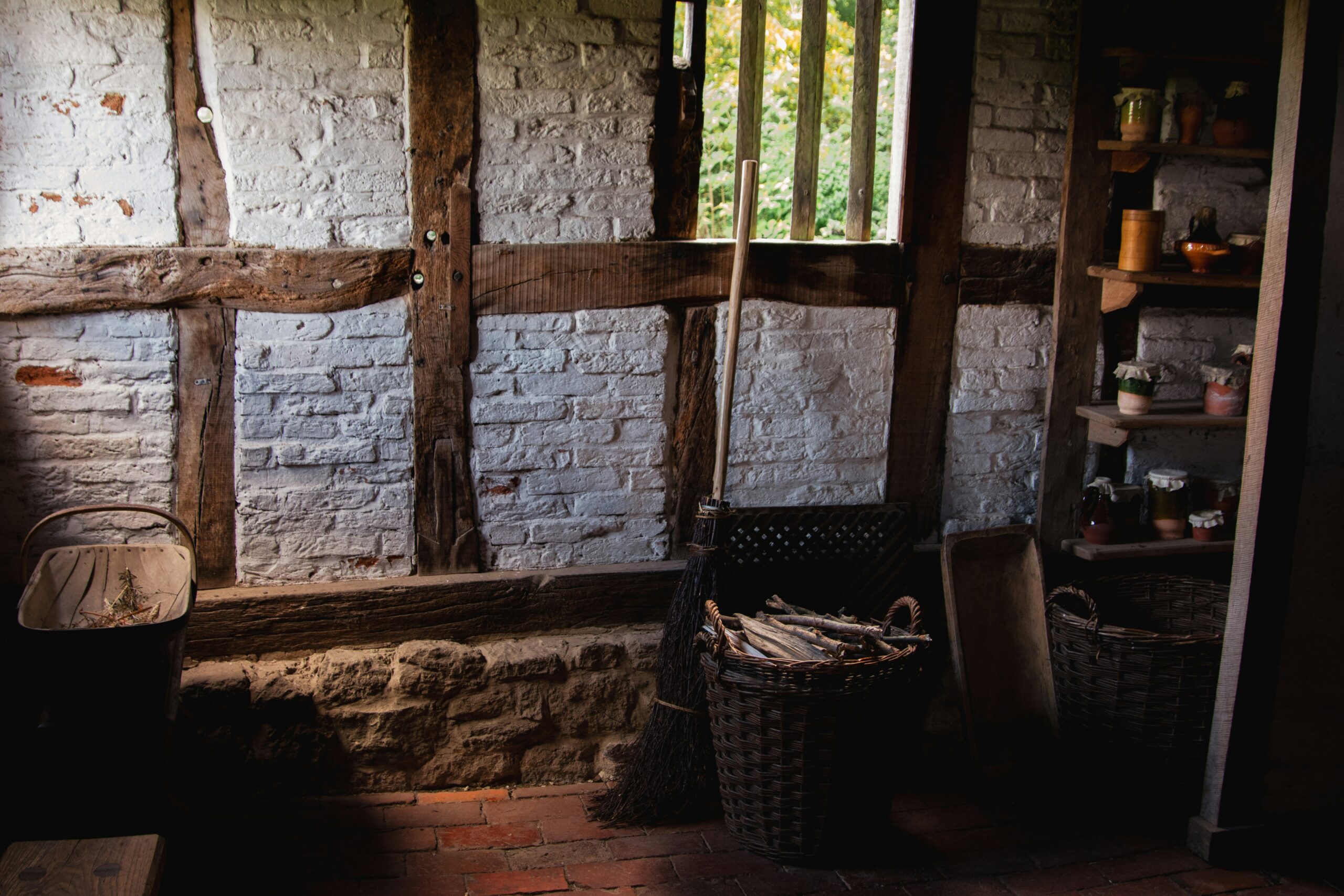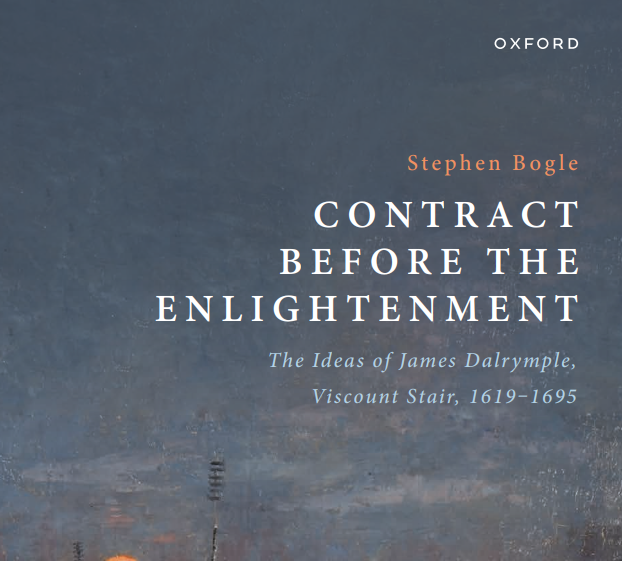By John MacLeod, Senior Lecturer in Private Law, University of Edinburgh
Since the turn of the 21st century, Common Lawyers have discussed the basis of tortious liability extensively.[1] In particular, defences have been mounted against instrumentalism (i.e. considering law in terms of social policy). Much of the analysis turns on the idea that tort is about responding to infringements of primary rights (or to breach of primary duties). Primary rights are rights (and primary duties are duties) which do not arise from infringement of another right. They are contrasted with secondary rights, which do arise from such infringements. Property rights or rights to contractual performance are primary; rights to compensation for culpable damage or breach of contract are secondary.
If torts are thus conceptualised, the reasons which justify a primary right explain the wrongfulness of the tortious action and so support liability. Justifications for primary rights can vary and need not depend on some general logic within tort law.
What, if anything, does this literature mean for Scotland?
Leave a Comment



